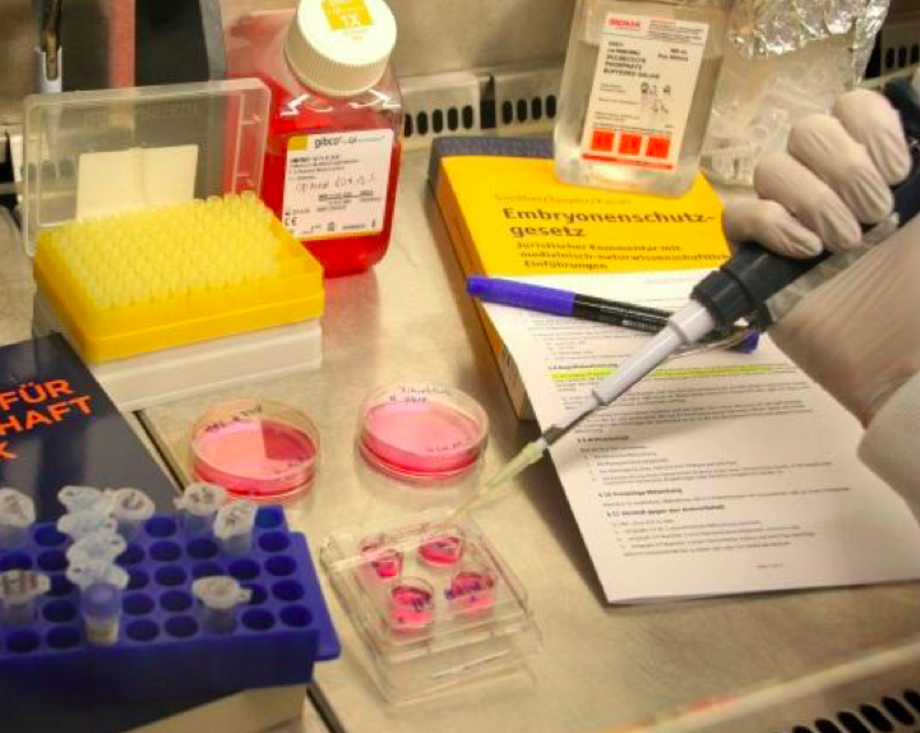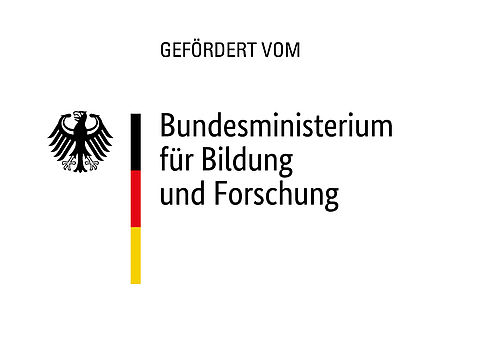REALiGN-HD: 'Human Genome Surgery'

The revolutionary CRISPR-Cas9 technique equals genome surgery: serious diseases could be simply cut out of the genome. Scholars from the University of Passau examine the legal aspects in an interdisciplinary team.
The CRISPR-Cas9 technique offers tremendous hope for gene therapy: It is a precise pair of molecular scissors for cutting DNA. The innovative technique enables researchers to alter particular DNA sequences in the genome. It can be also applied to laboratory-generated, induced pluripotent stem cells (iPSC). Such cells can be re-differentiated into somatic cells for autologous re-transplantation. Accordingly, genetic defects may be repaired by genome editing in iPSC or, as the case may be, in iPSC-derived cell transplants. In addition, genome editing may also be applied to human embryos at the pronuclear or the zygote stage. Hence, genome editing may be also used to cure and even erase hereditary diseases.
Ethically reflected legal framework
The technology raises major questions - natural scientific, ethical, as well as legal ones. An interdisciplinary research team examines these in the context of the research project REALiGN-HD (Revisited Ethical and Legal Concepts for Precise Genome Engineering Approaches of Hereditary Diseases). Researchers from the fields of developmental and stem cell biology, medicine, ethics and law work together intensively.
Genome editing, in particular using CRISPR-Cas in iPSC and iPSC-derived cells as well as in human embryos has not attracted much noticeable attention among legal scholars so far. This is where the subproject at the University of Passau comes in: researchers from the Chair of Constitutional and Administrative Law, Public International Law, European and International Economic Law under the direction of Prof. Dr. Hans-Georg Dederer, comprehensively analyze the regulatory problems. The aim is to develop an ethically reflected legal framework that can serve as a basis for legislation in the field of human gene therapy. The legal researchers heavily and constantly rely on the scientific expertise from the other fields, i.e. biology, medicine and ethics. With the aid of this interdisciplinary approach, the scholars make science-based and ethically sound proposals for adjustments of the current legal framework and assess the broader implications of genome editing in humans for fundamental normative values.
Right to biodata privacy
Amongst others, the researchers explore the regulatory ‘status’ of genetically edited iPSC-derived cell transplants and human embryos. They also develop and describe the constitutional right to biodata privacy, which includes bio-informational self-determination. There could be a conflict between the right to biodata privacy of patients and regulatory requirements ensuring the safety of IPSC-derived transplants having undergone genome editing. Since the safety of such products will depend on patient-specific personal biodata.
Participation
Prof. Dr. Dr. Thomas Heinemann, Head of the Chair of Ethics, Theory and History of Medicine at the College of Philosophy and Theology Vallendar (PTHV) coordinates the interdisciplinary research team. Prof. Dr. Tobias Cantz, Head of the Excellence Cluster REBIRTH at the Hannover Medical School, contributes findings from biomedicine. The Federal Ministry of Education and Research (BMBF) supports the project.
| Principal Investigator(s) at the University | Prof. Dr. Hans-Georg Dederer (Lehrstuhl für Staats- und Verwaltungsrecht, Völkerrecht, Europäisches und Internationales Wirtschaftsrecht) |
|---|---|
| Project period | 01.10.2016 - 30.09.2019 |
| Verlängert bis: | 31.12.2020 |
| Source of funding |  BMBF - Bundesministerium für Bildung und Forschung |

